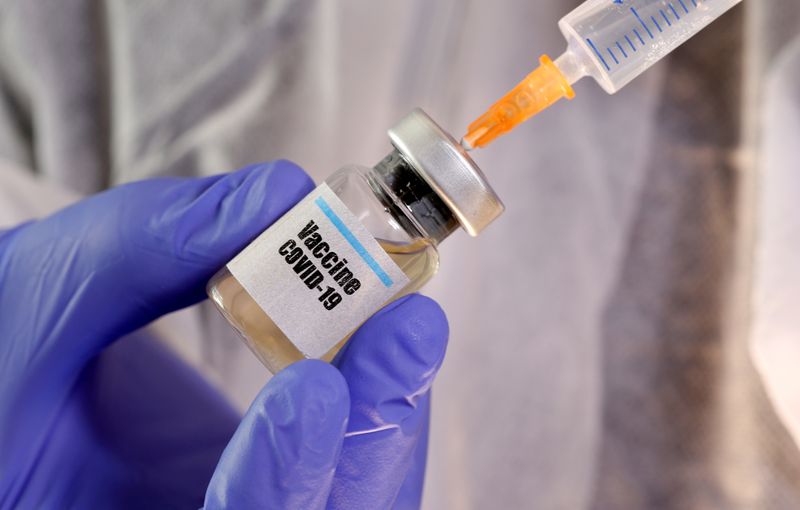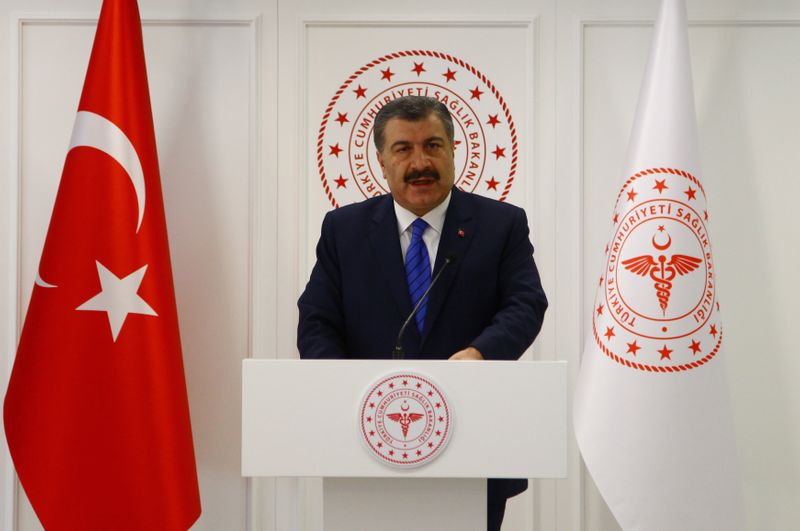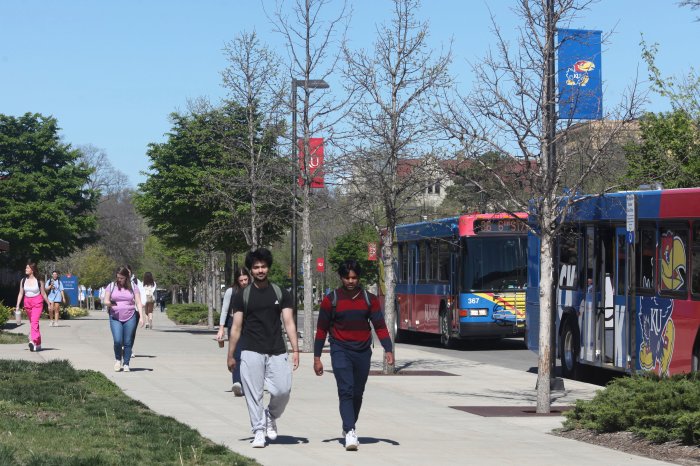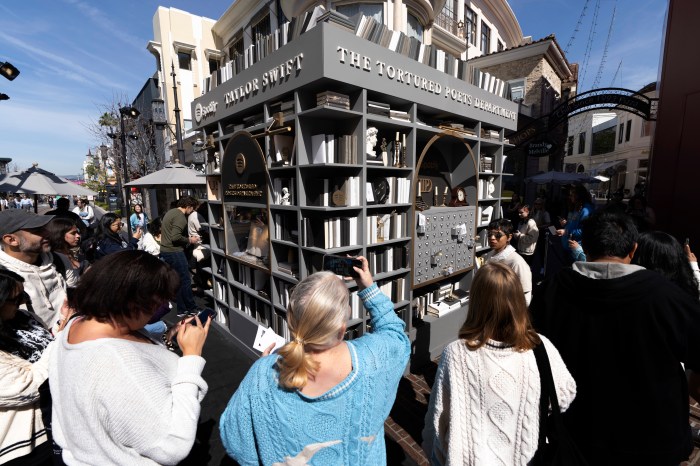ISTANBUL (Reuters) – Turkey is considering a request from Russia to conduct Phase III trials of Russia’s COVID-19 vaccine, Health Minister Fahrettin Koca said on Thursday, adding a decision would be made in the next week.
Russia announced the development of the “Sputnik-V” vaccine, the world’s first registered coronavirus vaccine as proof of its scientific prowess. But, Moscow’s decision to grant approval for its vaccine before finishing clinical trials has raised concerns among some experts.
Speaking to reporters after holding talks with local health officials in southeastern Turkey, Koca said Phase III work had already started on a vaccine from China and Pfizer <PFE.N>, and added that the Russian request was being evaluated.
“We received a request regarding Phase III trials for this vaccine. We saw that this application dossier was sufficient, that pre-clinical efforts, as well as Phase I and II work were completed,” Koca said.
“Our vaccine science team will have made its evaluation on the issue in the coming days. We may probably allow Phase III work for the vaccine in Russia next week,” he said, adding 13 different Turkish vaccine efforts were underway in Turkey, but only at pre-Phase I levels so far.
Russian regulators licensed the vaccine for domestic use in early August after initial, small-scale human trials. It is now being tested on 40,000 people in Russia in a trial that launched on Aug. 26.
The Russian Sputnik-V vaccine is administered in two doses, with each based on a different vector that normally causes the common cold: human adenoviruses Ad5 and Ad26. Some experts have said using this delivery mechanism could make a COVID-19 vaccine less effective.
Russia has said it expects to produce between 1.5 million and 2 million doses per month by the end of the year, gradually increasing production to 6 million doses a month.
(Reporting by Ezgi Erkoyun; Writing by Tuvan Gumrukcu; editing by David Evans)




















